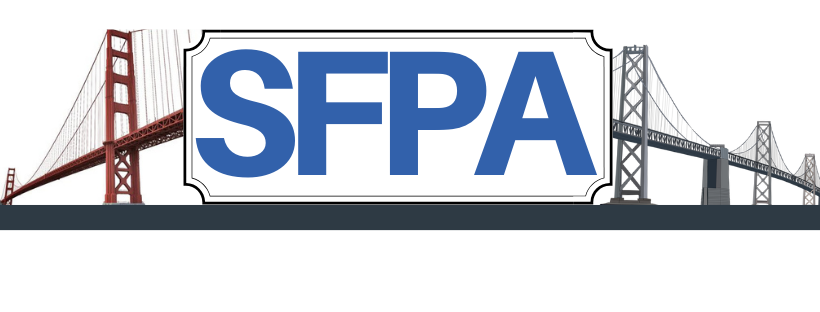May 20, 2017
By KENNETH OFGANG, Staff Writer
The California Supreme Court has agreed to decide whether streaming music services such as Pandora must pay royalties to artists under state law.
The justices, at their weekly conference in San Francisco Wednesday, unanimously accepted a certification from the Ninth U.S. Circuit Court of Appeals which said the state high court’s answers would resolve an appeal now pending before the federal panel.
Pandora Media, Inc. is appealing a ruling in favor of Flo & Eddie, Inc., a company created by Mark Volman and Howard Kaylan, founding members of the 1960s folk rock group The Turtles. The company alleges that it owns the rights to a number of the group’s pre-1972 sound recordings, and that Pandora violates California statutory and/or common law by using pre-1972 sound recordings without obtaining permission from the owners.
The 1972 date is significant because newer recordings are protected by the Federal Copyright Act of 1976, while pre-1972 recordings are protected, if at all, by state law, until 2067.
Copyright Act
Before Congress passed the Copyright Act, California Civil Code §980(a) provided for a “common law copyright,” that granted the “author or proprietor of any composition in letters or art . . . an exclusive ownership in the representation or expression thereof as against all persons except” cover artists. Another statute divested any common law rights once “the owner of a composition in letters or arts publishe[d] it.”
Following passage of the federal act, California repealed the divestiture-by-publication rule and amended §980(a). One subsection of the amended section grants the authors of pre-1972 recordings “exclusive ownership” of the works until 2047.
Flo& Eddie allege that owners of pre-1972 recordings have an exclusive right of “public performance,” either under §980(a) or California common law.
The company has filed similar lawsuits against SiriusXM Radio, Inc. in federal courts in California, New York, and Florida. The California case settled last year on the eve of trial, while New York’s highest court told the Second Circuit the plaintiff did not have the asserted rights under that state’s law, and the Florida Supreme Court agreed earlier this year to answer certified questions from the Eleventh Circuit and is set to hear arguments later in the year.
Pandora, which filed an anti-SLAPP motion in the case, argues that under the old divesture-by-publication rule, the Turtles’ recordings entered public domain when they were published, that the Legislature did not intend to convey any protection for such recordings, and in any event did not intend to create a public performance right, when it enacted the 1982 legislation responding to the changes in federal law.
Motion Denied
U.S. District Judge Philip S. Gutierrez denied the motion to strike, rejecting Pandora’s interpretation of the statute. He concluded that the legislation, read in the context of the historical protection of sound recordings by the common law, gave Flo & Eddie a property right in the public performance of the recordings it owns.
The judge held that the plaintiff showed a sufficient likelihood of success on its claims for misappropriation, conversion, and unfair competition to survive the anti-SLAPP motion, leading to Pandora’s appeal to the Ninth Circuit. The panel certified the questions of statutory and common law protection to the California Supreme Court in March.
Noting the Second and Eleventh circuits responses in the SiriusXM cases, the Ninth Circuit said in its request:
“We agree with our sister circuits that certification is the best way to proceed on these issues, especially in California. As an incubator of both musical talent and technological innovation, California has a significant interest in the appropriate resolution of the certified questions. Resolution of these questions will likely affect the state and industries within the state in a variety of ways, and is therefore best left to the California Supreme Court.”
Copyright 2017, Metropolitan News Company

